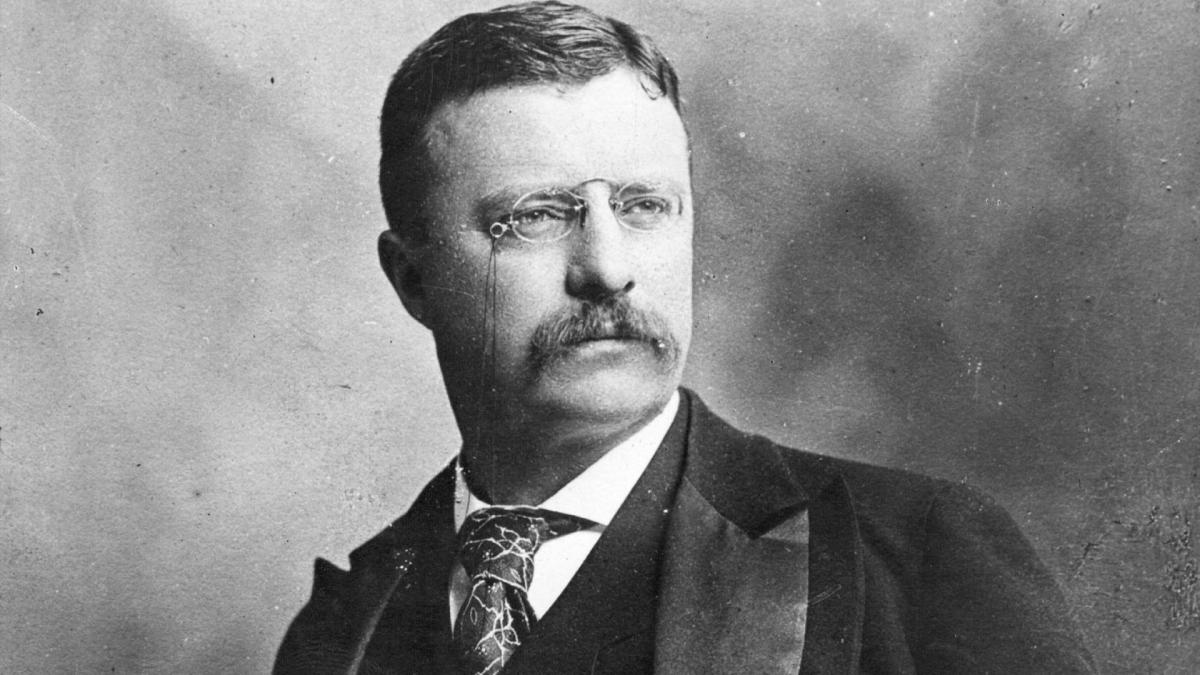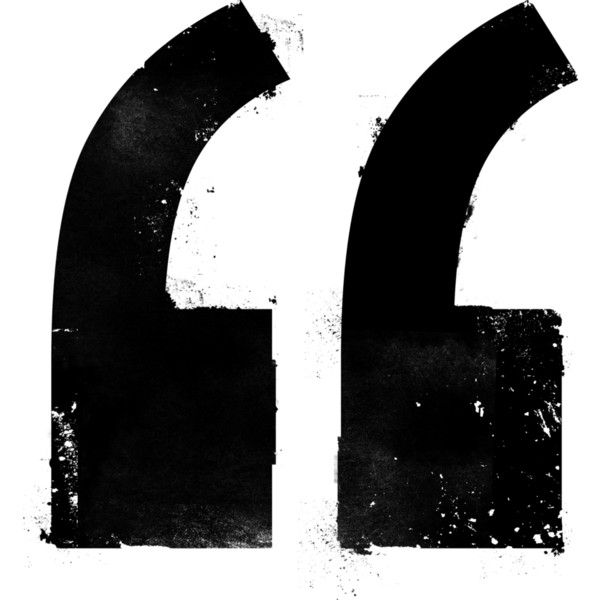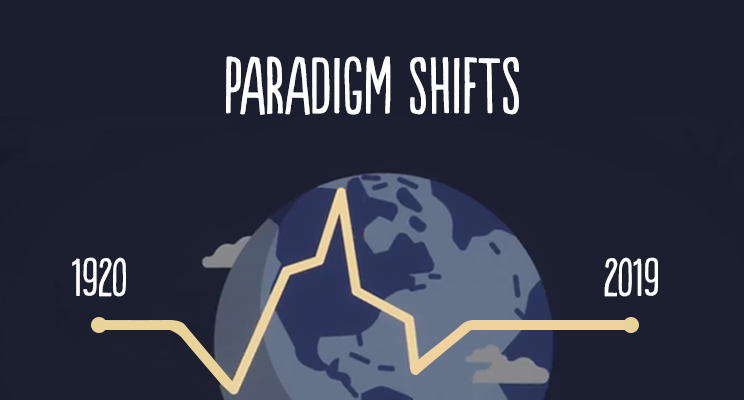This might be the most important 31 minute video you ever watch.

“People are strange: They are constantly angered by trivial things, but on a major matter like totally wasting their lives, they hardly seem to notice.” – Charles Bukowski
Business/busyness
Our time is worth something. Too often, though, we’re guilty of spending it foolishly or out of habit, or without intention… despite our lousy track record, though, it is possible to spend it wisely, just as we try to spend or invest anything valuable.
We wouldn’t buy medicine that we knew didn’t work, or invest in ads that never ran. It seems, though, that time doesn’t have to meet the same bar.
If you had a factory job, it wasn’t your job to worry about productivity. Somebody else was in charge. You did what you were told, all day, every day.
Now, more than ever, you’re likely to be running a team, managing a project or deciding on your own agenda as a free agent. Time is just about all you’ve got to spend.
And yet, we hardly talk about productivity.
Productivity is the amount of useful output created for every hour of work we do.
You can measure that output in money if you want to (it makes the math easier) but in fact, it’s everything from lives changed to knowledge shared. What matters is the answer to a simple question: did I spend my day producing enough benefit for all the time invested?
A teacher has a class for 160 days—an hour a day … How to spend that time, how to spend today, how to spend the next five minutes? What’s the most productive choice?
Henry Ford and the other productivity pioneers of the industrial revolution understood this to their bones. He designed the Model T to be efficient to build. As a result, each of his workers produced far more value per day than they could working at a competitor down the street on a car that wasn’t as thoughtfully engineered.
Since his workers were more productive, he could charge less for the car. Since they were more productive, he could pay them more and thus get better workers. And since they were more productive, he could invest in advertising and brand building. The end result is that the car industry went from 2,300 companies (!) to a dozen or so.
It’s worth pausing there for a second. The competitors didn’t have workers who tried less, or who took more breaks or who were weaker, less skilled or lazy. The other companies lost because Ford focused on productivity in a way that they didn’t.
The internet has opened the door for more people to organize and plan their day than ever before. And we’re bad at it.
Because we associate busyness with business with productivity.
Here are some useful ways to think about it:
1. The best way to improve productivity is to measure it. That means identifying the inputs (how much is your time worth? Is there anyone beside you who is working for free, trading favors, burning all the candles?) and identifying the outputs (what’s the worthy final output of all your effort?)
Hint: likes and friends are not an output. Social media might offer metrics that tell you if you’re moving toward what you hope to produce, but don’t confuse the map with the territory. As soon as you try to make a temporary metric go up at the expense of the real goal, you’re on your way to mere busyness.
2. Once you know what you seek to produce (not an easy task), add up all the time you spent to create it. That’s your current productivity. So, for example, if you’re a musician and you have to work 60 hours on the side to organize, prepare for and run a gig that makes you $600 in revenue, your productivity is $10 of value created per hour. Given that your time is finite, the objective is to compare time spent on that project with time spent on an alternative one. If you need 120 hours to write, mix and launch a track on SoundCloud that earns you $3 in royalties, it’s pretty clear which path created more value (if you’re using money as a metric). Of course, once you decide that being popular on SoundCloud makes those tickets easier to sell, it gets complicated again…
3. Get focused on the challenges and benefits of connection. Imagine two buildings under construction. Both have 25 well-trained, well-paid, hard-working construction workers. One building, though, was built in half the time of the other. What happened? It turns out that construction almost always slows down because people are waiting. Waiting for the waterproofing to get done (while they wait for the specialist) or waiting for parts or waiting for another part of the project. The internet is the home of the connection economy, which means that this challenge is multiplied by 100. What are you waiting for? When you’re waiting, what are you doing to create value?
4. Unlike factories (which are very special cases) our productivity varies wildly. It depends on the project, on the connections, on where we are in the process. If you’re working the same number of hours every day and getting very different amounts of output each day, it is definitely worth figuring out why. What happens to your output if you quit when you’re done, not at 6 pm? What happens if you take on more of the high-output projects and choose to walk away from the low output ones?
5. And finally, embrace the fact that trained people are more productive than untrained ones. That skill matters. That leaning into what you don’t know makes you more productive… that hiring someone who knows what you don’t know makes you more productive as well.
Busy is not your job. Busy doesn’t get you what you seek. Busy isn’t the point. Value creation is.
You only get today once. Your team does too. How will you spend it?

“It’s just literally a normal car in space — I kind of like the absurdity of that,” Musk said. “It’s kind of silly and fun, but I think that silly, fun things are important … I think the imagery of it is something that’s going to get people excited around the world, and it’s still tripping me out. I’m tripping balls here.”

“The feeling of being hurried is not usually the result of living a full life and having no time. It is on the contrary born of a vague fear that we are wasting our life. When we do not do the one thing we ought to do, we have no time for anything else.”
–Eric Hoffer, Reflections on the Human Condition
Hiding from the mission
We do this in two ways:
The first is refusing to be clear and precise about what the mission is. Avoiding specifics about what we hope to accomplish and for whom. Being vague about success and (thus about failure).
After all, if no one knows exactly what the mission is, it’s hard feel like a failure if it doesn’t succeed.
The second is even more insidious. We degrade the urgency of the mission. We become diffuse. We get distracted. Anything to avoid planting a stake and saying, “I made this.”
It’s possible to spend 7 hours and 52 minutes out of an eight-hour day in doing nothing but hiding from the mission. And it’s exhausting.
–Seth Godin

“It is not the critic who counts; not the man who points out how the strong man stumbles, or where the doer of deeds could have done them better. The credit belongs to the man who is actually in the arena, whose face is marred by dust and sweat and blood; who strives valiantly; who errs, who comes short again and again, because there is no effort without error and shortcoming; but who does actually strive to do the deeds; who knows great enthusiasms, the great devotions; who spends himself in a worthy cause; who at the best knows in the end the triumph of high achievement, and who at the worst, if he fails, at least fails while daring greatly, so that his place shall never be with those cold and timid souls who neither know victory nor defeat.” – Theodore Roosevelt

“Failure is not the opposite of success, it is a stepping stone to success.” – Arianna Huffington
“The correct lesson to learn from surprises is that the world is surprising.” – Daniel Kahneman
“Life’s tragedy is that we get old too soon and wise too late.” – Benjamin Franklin
“If you don’t know where you are going, any road will get you there.” – Lewis Carroll
“Genius is an infinite capacity for taking pains” – Thomas Carlyle
“The man who doesn’t read good books has no advantage over the man who can’t read them.” -Mark Twain
“Success is a lousy teacher. It seduces smart people into thinking they can’t lose.” – Bill Gates
Napoleon’s definition of a military genius is the person “who can do the average thing when everyone else around him is losing his mind.”
“The dead outnumber the living fourteen to one, and we ignore the accumulated experience of such a huge majority of mankind at our peril.” – Niall Ferguson on the lessons of history.
“History never repeats itself. Man always does.” – Voltaire
“Passion is the RESULT of action, not the CAUSE of it.” – Mark Manson
“When everything seems to be going against you, remember that the airplane takes off against the wind, not with it.” – Henry Ford
“Kids love athletes because they follow their dreams.” – Up in the Air
“To see is to experience the world as it is, to remember is to experience the world as it was, but to imagine-ah, to imagine is to experience the world as it isn’t and has never been, but as it might be.” – Daniel Gilbert, Stumbling on Happiness
“Comparison is the death of joy.” – Mark Twain
“If you’re going to try, go all the way. Otherwise, don’t even start. This could mean losing girlfriends, wives, relatives and maybe even your mind. It could mean not eating for three or four days. It could mean freezing on a park bench. It could mean jail. It could mean derision. It could mean mockery–isolation. Isolation is the gift. All the others are a test of your endurance, of how much you really want to do it. And, you’ll do it, despite rejection and the worst odds. And it will be better than anything else you can imagine. If you’re going to try, go all the way. There is no other feeling like that. You will be alone with the gods, and the nights will flame with fire. You will ride life straight to perfect laughter. It’s the only good fight there is.” – Charles Bukowski
“Almost everybody is born a genius and buried an idiot.” – Charles Bukowski
“What matters most is how well you walk through the fire.” – Charles Bukowski
“People are strange: they are constantly angered by trivial things, but on a major matter like totally wasting their lives, they hardly seem to notice.” – Charles Bukowski
“Some people never go crazy, What truly horrible lives they must live.” – Charles Bukowski
“Find what you love and let it kill you.” – Charles Bukowski
“Everyone should smile. Life really isn’t that serious. We make it hard. The sun rises. The sun sets. We just tend to complicate the process.” – Jake Herbert
“The greatest failure is the failure to try.” – William Arthur Ward
“The best time to plant a tree was 20 years ago. The second best time is now.” – Chinese Proverb
“Train people well enough so they can leave. Treat them well enough so they don’t want to.” – Sir Richard Branson
“Retirement is earning the privilege of being free to enjoy the balanced lifestyle of our dreams, without ‘working for a living’ getting in the way too much. You don’t have to quit working altogether, you just have to feel secure enough to be choosy about your work, and your schedule.” – Mr. Money Mustache
“Someone once told me the definition of Hell: The last day you have on earth, the person you became will meet the person you could have become.”
“No one is you and that is your power.” – Dave Grohl
“He who deliberates fully before taking a step will spend his entire life on one leg.”
“Whenever the time is right, it will be the right time.”
“Security is mostly a superstition. It does not exist in nature, nor do the children of men as a whole experience it. Avoiding danger is no safer in the long run than outright exposure. Life is either a daring adventure, or nothing.” – Helen Keller





